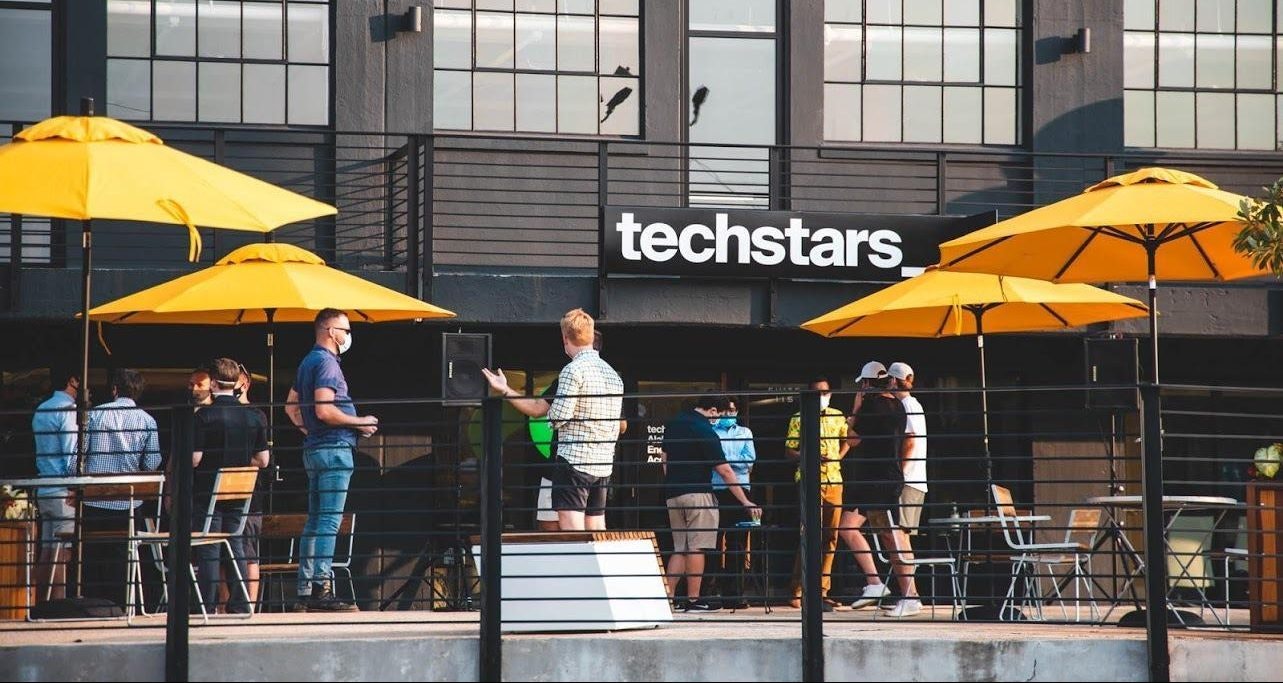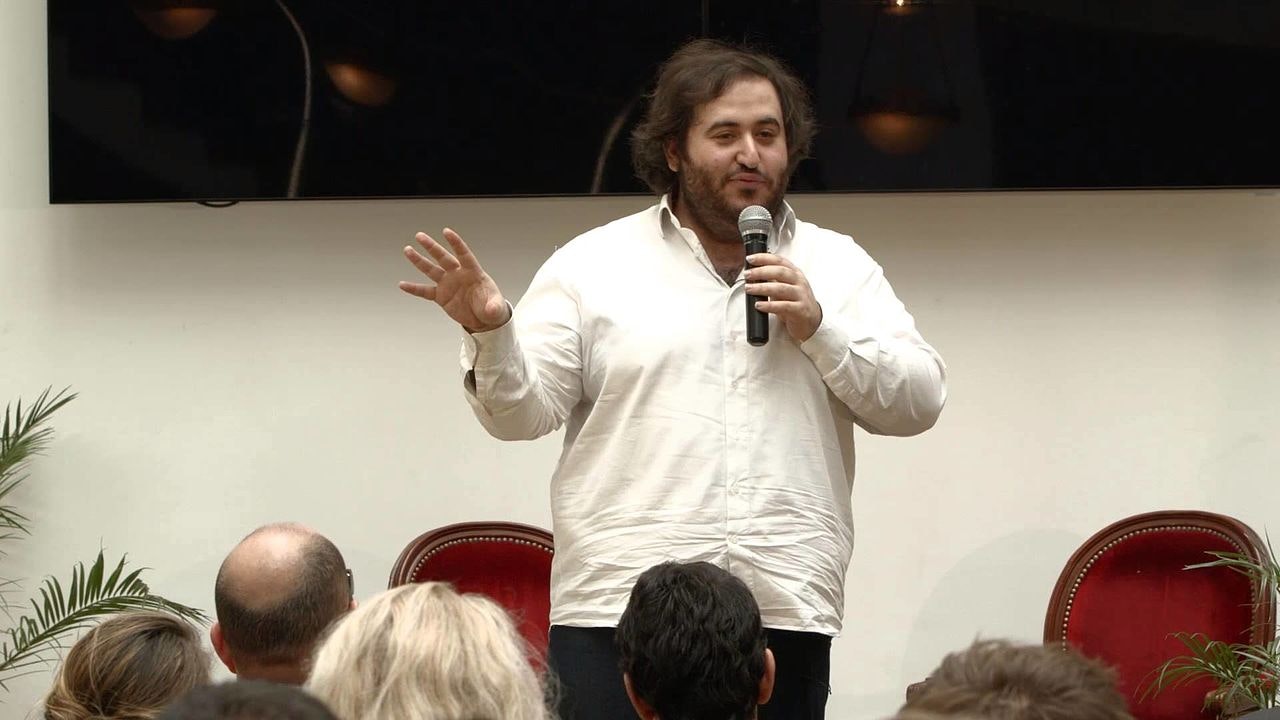One startup promised to "bring fermentation out of the stone age”. Another wanted to be the "first legitimate brand of plants”. A third claimed to be pioneering the idea of “bricklaying as a service”.
These were some of the most outlandish proposals at company builder Entrepreneur First’s bi-annual demo day in London on Wednesday, where 29 teams from across Europe pitched their ideas to a room full of investors looking for the next €1bn company.
Founded in London in 2011 by two ex-McKinsey consultants, and backed by big names such as LinkedIn cofounder Reid Hoffman, Entrepreneur First has been a pioneer of a new model of investing in startups at a super-early stage (i.e. before they even exist).
As ever, the teams from London, Berlin and, for the first time, Paris, had six months to find a business partner, come up with an idea, and then start a company. (One member of the Paris cohort even teamed up with a member of the Berlin cohort to form a "long distance" startup, Blazar.) For those that made it through, the pitch day is the culmination of their time on the programme.
It could also be the making of them. The 230 companies started through Entrepreneur First since 2011 today have a portfolio value of $1.5bn. One of the programme's biggest (and much lauded) success stories is Magic Pony, which was bought by Twitter for $150m.
Demo day pitches are often ridiculed for being lightweight and for prioritising style over substance. The ideas pitched are often, frankly, on the ridiculous side: like Uber for marshmallows or hardware to read your pet's thoughts.
But while it’s easy to mock some of the one-liners at Entrepreneur First this week, this was an alarmingly serious bunch. No less than five startups were taking on cancer. More or less every founder was a specialist and had at least one PhD in the field they were working on. (Raiding European universities of PhD students in biochemistry, machine learning and data science increasingly seems to be EF's talent tactic.)
The “legitimate brand of plants” guys were a case in point. Cofounder of Neoplants, Patrick Torbey, has a PhD in genome editing and is actually trying to create a new type of plant that purifies the air (unlike normal plants, apparently).
Neoplants promised to "use synthetic biology to design the plants of the future” as well as turn them into a consumer brand.
The team “bringing fermentation out of the stone age”, Fabricnano, was also promising something serious and had the credentials to back it up — with one founder holding a PhD in computational biophysics and another with a background in mathematical modelling.
Fabricnano founder Grant Aarons said the company can make the fermentation process — which powers a $5tn chemical market — 100x quicker with synthetic processes. “For 12,000 years humans have relied on living cells… but no more.”
Eight of the 29 companies pitching were in the medical field. Two were in blood testing, a similar field to the US startup Theranos, which blew up spectacularly after it emerged that its product did not actually work as promised.
One company, Omini (promising to make blood tests 100x faster and 100x simpler) told Sifted that the Theranos debacle actually helps with fundraising because the spectacular failure of the company once valued at a billion dollars has made everyone aware there's a market.
"Theranos had the vision, we have the technology," went the Omini pitch.
Even the “bricklaying as a service” line was not as crazy as it sounds. Semblr Technologies claims to be the only company using small robots — “about the size of a cat” — to automate bricklaying for the construction industry.
Clearly, all the companies left viewers thinking, "Sure, but does it work"? But at least they got them thinking.


